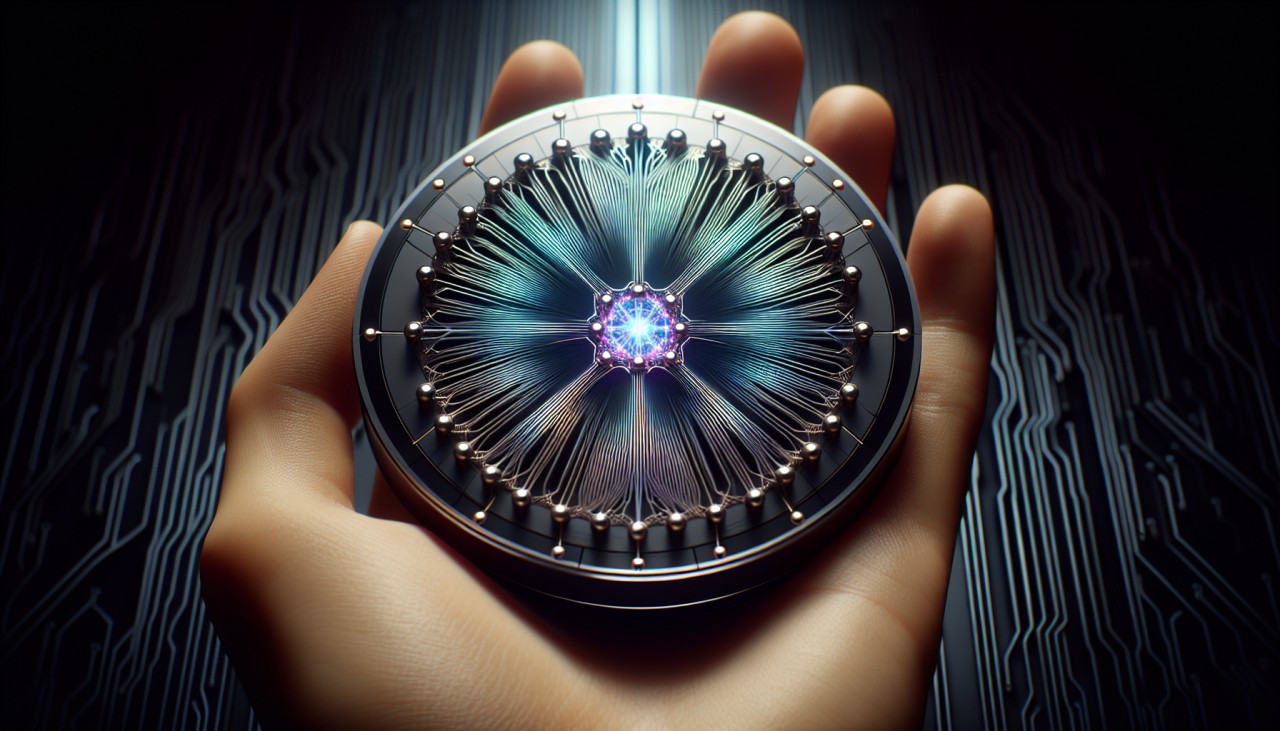In a groundbreaking development, Microsoft has unveiled Majorana 1, its first quantum processor powered by topological qubits. This achievement follows over two decades of research into Majorana fermions, particles first theorized in 1937. By harnessing these particles, Microsoft aims to create more stable and error-resistant qubits, addressing a major challenge in quantum computing. The Majorana 1 chip, presented at Station Q's annual conference in Santa Barbara, California, features eight qubits and serves as a proof-of-concept for a scalable quantum computer. This milestone signifies a shift from theoretical exploration to practical application, bringing us closer to realizing a functional quantum computer by the end of the decade.
The Majorana 1 chip utilizes a new state of matter called a topological superconductor, which hosts Majorana zero modes at its boundaries. These modes are crucial for quantum computing as they can store and process information in a way that is inherently protected from certain types of errors. The chip's design allows for the potential integration of up to one million qubits, paving the way for large-scale quantum systems. This advancement could revolutionize various fields, including drug development, materials science, and complex financial modeling, by enabling computations that are currently infeasible with classical computers. Microsoft's achievement underscores the importance of patience and long-term vision in scientific research, highlighting the potential of topological qubits to overcome existing limitations in quantum computing.
Key Takeaways
- Microsoft introduces Majorana 1, its first quantum processor with topological qubits.
- The chip features eight qubits and serves as a proof-of-concept for scalable quantum computing.
- Utilizes a topological superconductor hosting Majorana zero modes for error-resistant information storage.
- Potential to integrate up to one million qubits, enabling large-scale quantum systems.
- Could revolutionize fields like drug development, materials science, and financial modeling.
Example
The development of Majorana 1 brings us closer to practical quantum computers capable of simulating complex molecules for drug development, optimizing chemical reactions for more efficient fertilizer production, and modeling new materials for better batteries or solar cells.
